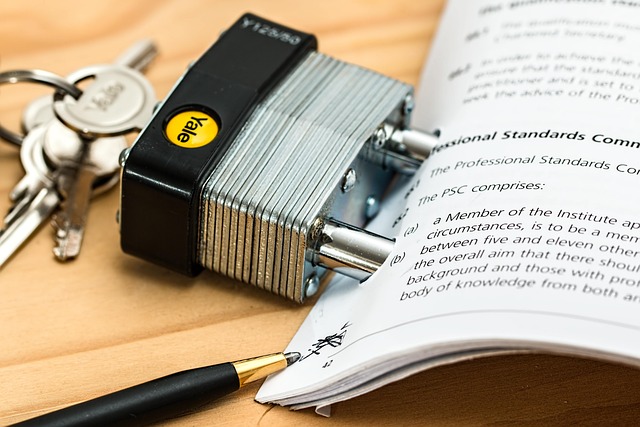Governor Noem Approves Moment of Silence in Schools

South Dakota Governor Kristi Noem has signed legislation mandating a daily moment of silence in all the state's public schools. The law, backed significantly by Republican lawmakers, intends to offer students a dedicated time for quiet reflection, meditation, or prayer, respecting individual choices and beliefs.
Fostering Reflection and Individual Thought
Governor Noem highlighted the bill's role in creating a more contemplative school environment. "This bill is about giving students a few moments each day to collect their thoughts, reflect on their day, and center themselves," Governor Noem stated at the signing. Supporters believe this brief pause helps students disconnect from daily distractions and cultivate introspection.
Legislative Rationale and Support

The legislation passed the South Dakota legislature with strong Republican support, framed as a measure promoting individual liberty and religious freedom. Proponents argue the moment of silence enables students to exercise First Amendment rights without establishing or endorsing any specific religious practice.
Perspectives from Educational Circles
While some education groups acknowledged potential benefits, others expressed concern that the moment of silence could be misused to promote specific religious views. School administrators have noted their commitment to ensuring the time is implemented inclusively and non-coercively, respecting student diversity. Establishing clear guidelines to prevent any form of religious indoctrination will be vital in addressing these concerns.
Implementation and Legal Framework

Legal experts note the law's constitutionality hinges on its implementation. Schools must ensure the moment of silence remains genuinely voluntary, without pressuring students towards any particular religious activity. Guidance from the South Dakota Department of Education is expected to outline best practices for schools, likely including staff training on their responsibilities under the new law.
Looking Ahead
With this law, South Dakota joins numerous other states with similar requirements. Attention now turns to effective implementation that safeguards the rights and beliefs of every student. The upcoming period will be critical for observing how schools integrate this requirement and its effect on the overall educational atmosphere.
